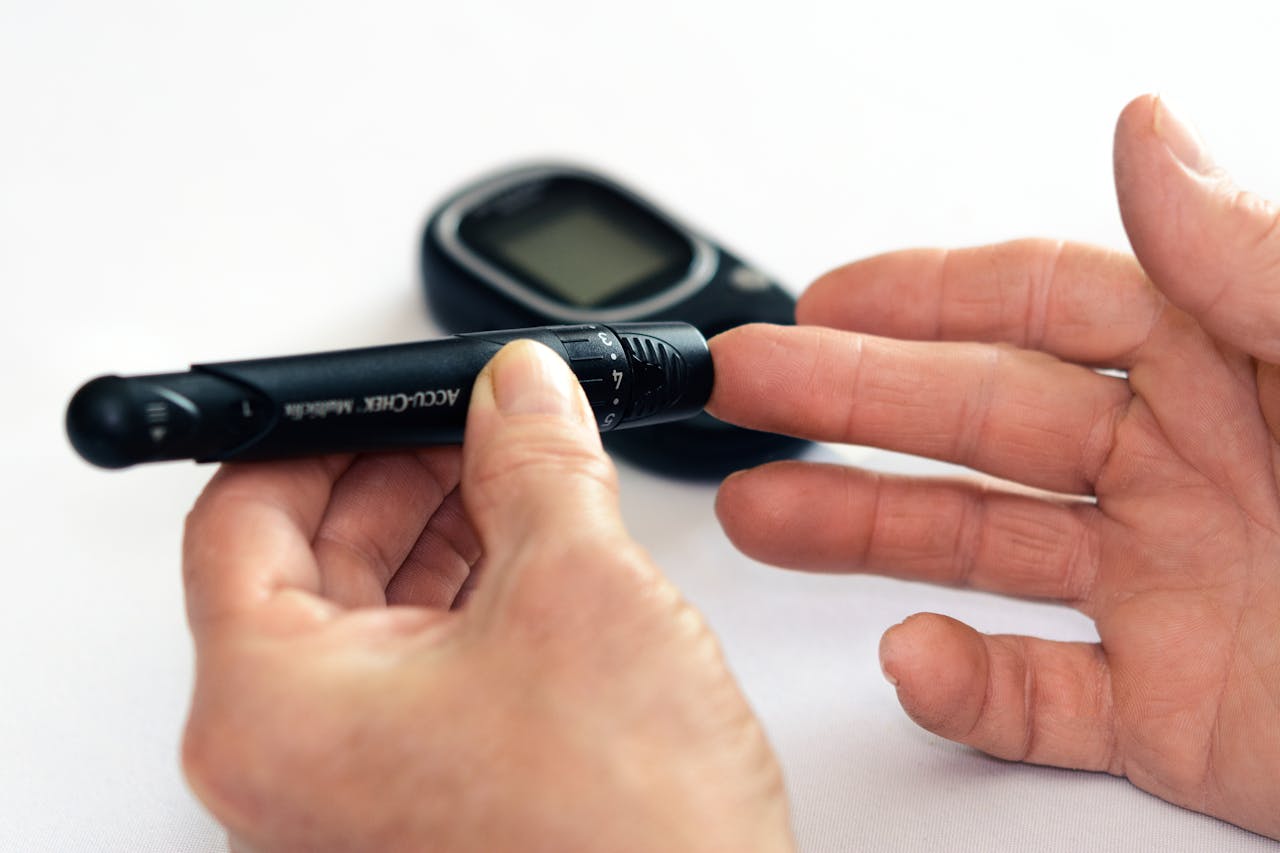Orphan drugs are medications created to prevent, diagnose, and treat rare diseases. According to the National Institutes of Health, rare diseases are those that affect about five in 10,000 people. Because these illnesses affect a relatively small number of people, pharmaceutical companies have not always been willing to spend time manufacturing medications to address them. Continue reading
New FDA Rules Could Raise Medication Prices & Slow Access
blogThe US Food and Drug Administration (FDA) has made sweeping changes recently to how it approves medications. This comes on the heels of a reduction in the workforce with thousands laid off.
State-by-State Divide Over GLP-1 Medicaid Coverage
blogGlucagon-like peptide-1, known as GLP-1, is a hormone that the body naturally makes to regulate digestion, blood sugar, and appetite. For years, people with type 2 diabetes have relied on a synthetic version of the hormone, called a GLP-1 agonist, to help them manage their symptoms and maintain normal blood sugar levels.
Are Biosimilars the Answer to Soaring Drug Costs?
blogDrug costs continue to rise, especially since pharmaceutical companies are still able to set the prices of medications as they choose. For people living with chronic conditions such as rheumatoid arthritis, congestive heart failure, or COPD, these higher costs can lead to worries about how to afford the medications they need to live.
Why Rural Pharmacy Closures Mean Higher Medication Costs
blogRural pharmacies are a lifeline for people in remote areas, offering not only timely and convenient access to medications but also the opportunity to speak with a pharmacist if they have questions or concerns. These pharmacies have been hit hard by the shifting economy, leading many to close. In fact, between 2018 and 2023, rural retail pharmacies declined by 5.9% compared to 3.4% in urban areas. Furthermore, according to recent data from a Health Affairs study, over 29% of pharmacies in general closed between 2010 and 2021.
How Extreme Weather Is Putting Life-Saving Prescriptions at Risk
blogExtreme weather events are occurring more often throughout the world. Floods, forest fires, tsunamis, and a range of other issues are affecting industries of all types, resulting in significant costs for consumers. One area that is particularly affected is the availability of prescriptions.
Medicare’s First-Ever Price Negotiation Program
blogStates Crack Down on PBMs to Lower Drug Costs
blogIt’s no secret that prescription drug prices are too high for some people to afford. Many seniors with chronic conditions have resorted to skipping doses or cutting them in half because of these exorbitant prices.
Best Medication Discount Card
blogPaying for your prescription medications can often feel impossible. With inflation rates affecting everything, including your groceries, you may have less money available to cover your medical costs. Government initiatives and policy changes, such as this executive action on lowering drug prices, have aimed to address the issue; however, many people still turn to solutions like medication discount cards.
Studies Show Millions of Seniors Can’t Afford Their Prescription Medications
blogPrescription medications have always been costly in the United States, but prices have risen so dramatically in the past few years that many seniors are having a very difficult time affording their medications. Studies show that all too often, seniors have to make the difficult choice of either buying food or filling their prescriptions. Continue reading









